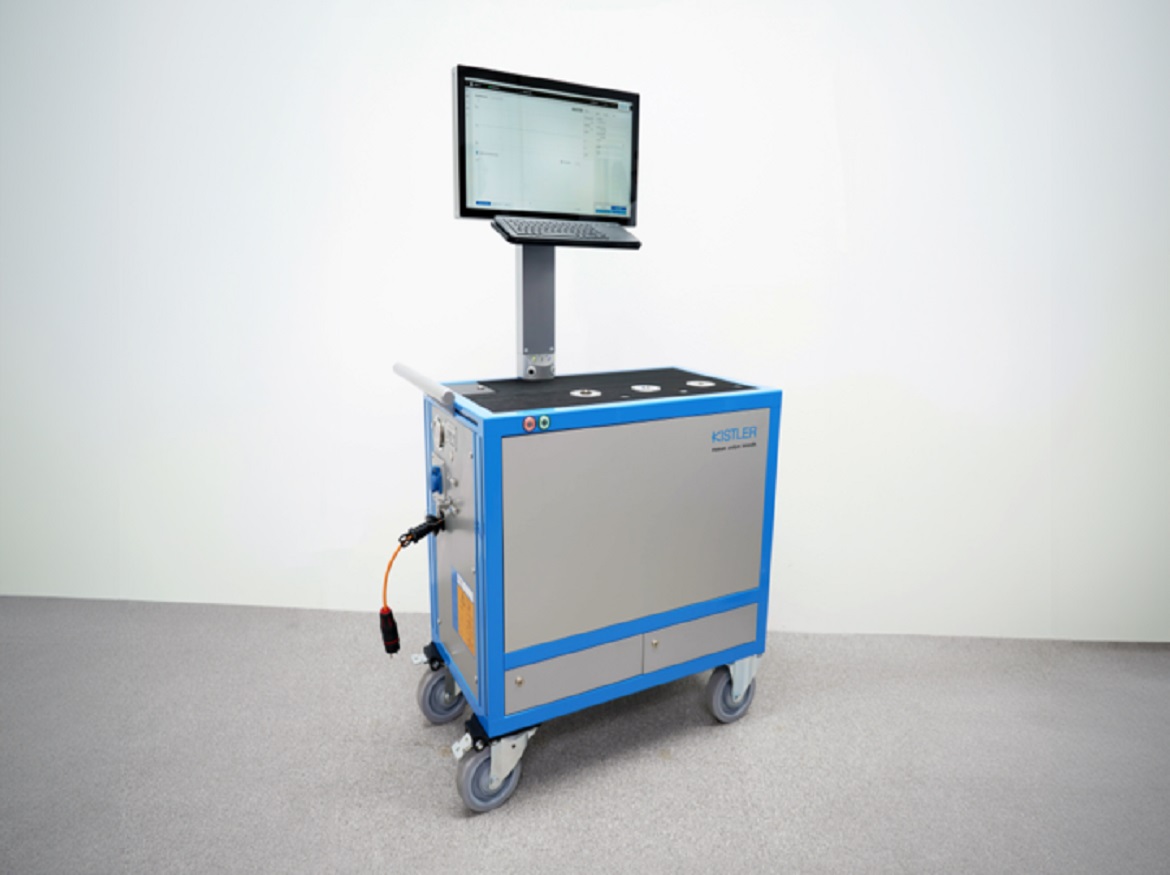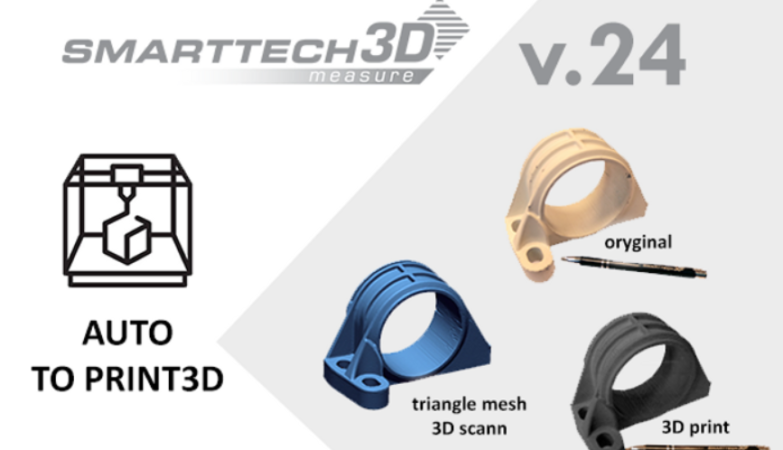A new way of fast, precise and standard-compliant fastening simulation is here. The new system for torque tool testing cerTEST analyzes the capabilities of torque tools with up to four integrated simulators ranging from 0.2 to 500 N·m. The system is designed for mobile testing in shift operation and is equipped with a built-in rechargeable battery with a runtime of up to 16 hours. The corresponding user-friendly CEUS software solution guides users through the test to assure the process – while also taking care of documentation.
Be it in the automotive industry, aviation or robotics, bolted joints have to withstand high forces and adverse conditions. This is why quality assurance of fastening processes starts with the tools used. Torque tools such as cordless, rotary and impulse nutrunner are subject to internationally recognized standards such as VDI/VDE 2645 Sheet 2, VDI/VDE 2647 or DIN EN ISO 5393. Compliance with these norms has to be demonstrated by machine capability analyes.
Flexible torque tool testing
With the new system for torque tool testing cerTEST from Kistler, users can check their tools safely and in compliance with given standards. The long-lasting rechargeable battery allows for inspection directly on the assembly line. The system is equipped with four slots for customizable fastening simulators that measure torques in the range from 0.2 to 500 N·m. If required, additional fastening simulators can be connected externally, enabling tests of up to 6,000 N·m. This allows for quick and efficient machine capability tests of electric, pneumatic and hydraulic torque tools as well as impulse nutrunner. Torque tools can be removed from the production environment and inspected without any special preparation.
The torque tools are simply adapted to the corresponding fastening simulator for inspection. Depending on the torque parameters, the software selects the appropriate simulator. A LED ring marks the selected simulator and also indicates the specified direction of rotation for testing. A sensor precisely measures the torque and the angle of rotation of the tool; the simulator can also collect data on the speed achieved during inspection. A color-coded evaluation of the tested object is available via the software and on the simulator immediately after the test procedure.
The sensors feature a high reproducibility: The inspection setup and the high-resolution measurement electronics ensure minimal measurement uncertainties and optimized reproducibility of the measured values.
Latest generation of CEUS software for process assurance simplifies operation and data management
The collected data is displayed directly on the wide screen of the system for torque tool testing cerTEST. With the help of the software for process assurance CEUS from Kistler, users can integrate individual limits, specifications and tolerances into the evaluation and thus ensure standard-compliant inspection – or even implement their own, stricter specifications.
The web-based CEUS program not only guides users through the measurement step by step, but also saves different measurement settings. This means that users have to specify the measurement parameters for the tested torque tools only once. CEUS also creates an individual measurement history for each tool and automatically saves inspection records. This means that they are quickly available when required.









